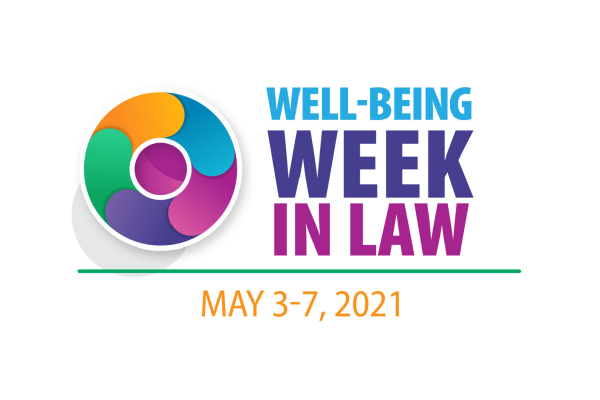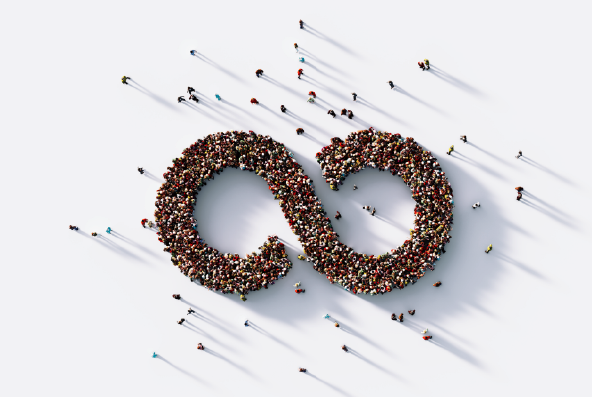Notice how the title doesn’t say that you SHOULD reject the word?
It isn’t just a technicality — CAN has a different meaning from SHOULD, and it matters to our language-loving human brains. We think in words — often without thinking about the words as we choose them, and being more intentional with word choice can improve how we think and feel.
My brain defaulted to think briefly during recent vacation time, I should get around to writing a blog post — and as I could feel my heart rate increasing just slightly, all the time I spend with psychologists paid off and I remembered that I wasn’t really in a position to feel the stress of SHOULD. I didn’t NEED to write a blog post — and that’s an important detail. If I did need to, I would have slotted time for it at the outset and gotten it done. But because I enjoy my work and anticipated a bit of downtime, I lined up some optional work for my time off. And like a lot of other humans, my brain has a habit of unconsciously labelling available work as something I SHOULD do.
SHOULD often makes us feel guilt. When we use SHOULD, we’re often presuming the value of an objective, ignoring our own feelings, and focusing on how our current position falls short of the target. When our brains think SHOULD, there are precisely 3-4 elements to unpack, each of which is usually more about evaluating degrees of intensity than a clear binary:
1. NECESSITY. Seek to be as clear as possible about how important any and every onjective you contemplate really is. Tasks are rarely as urgently necessary as surfacing from the water for a breath for example, but some have hard deadlines — and then there’s everything in between. Acknowledging that which we MUST-DO involves why we must do it — whether to avoid drowning or losing a case — which sets us up to assess whether we actually want to act in alignment with the task’s purpose.
2. DESIRE. Processing contingencies and alternatives so you can choose among them can be harder than it sounds. My desire to surface for air is an easy one. Now, if I have a lot of hard deadlines — and I WANT to meet them, I schedule time diligently, right? And if I want to meet the deadlines but I don’t want to do the work when the scheduled time arrives, I look for other available time. And if I can’t find available time elsewhere, I have to dig deeper into my simultaneous desires to meet the deadline and not to do the work. There are layers to desire — and it’s a better use of your time to explore than to shrug off conflicting desire. Even if it doesn’t yield an actionable solution immediately, exploring your feelings will help you find information you wouldn’t otherwise process.
3. ABILITY. Practicing law isn’t easy, nor is getting clients or operating a practice. You might want to meet all your hard deadlines — but if you have too many in too little time, you can’t. Having a growth mindset — i.e. thinking you CAN grow your skills — will help you develop new and faster skills, but there are still hard limits on every human’s abilities at any given time. And if you think you SHOULD be capable of more than you are currently, you’re focused only on your desired outcome — not the actions in your power to plan and achieve the outcome, and it feels negative.
4. DESIRE-ABILITY LOOP. A lot of credit is given to grit in achieving outcomes, but balance is everything. You don’t need to double-down on grit when you’ve lost sight of ALL JOY. You can pause to work on finding joy amidst the challenges and remotivate yourself to achieve your goals. Over-emphasizing grit parallels SHOULD — conflating necessity, desire, and ability. It’s okay to make new choices based on your experience as you learn what you find intrinsically rewarding.
. . .
This post was updated from an October 2014 by Shawn Healy, PhD titled “Why the word ‘Should’ is one of the most unhelpful words in the English language,” which now redirects here.




